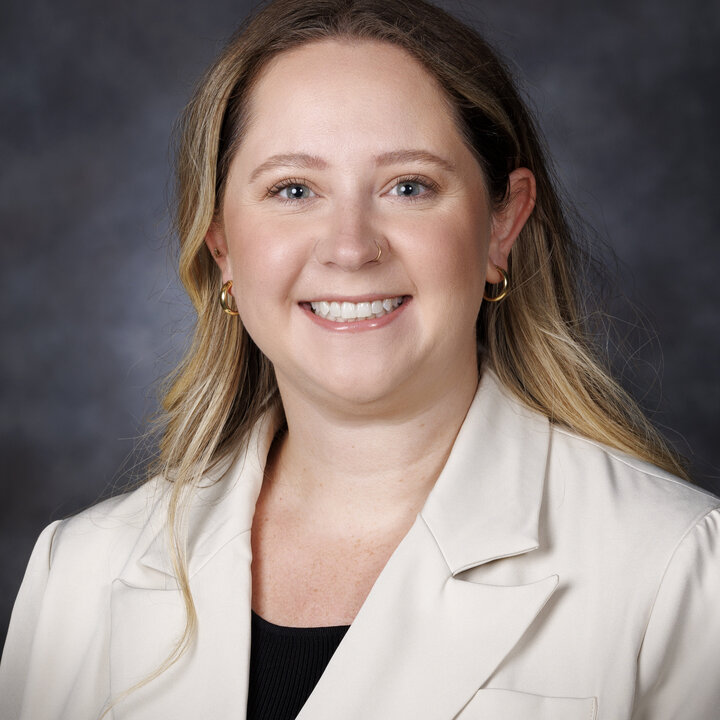
Lexie Unhjem
Assistant Professor
Department of Child, Youth and Family Studies University of Nebraska-Lincoln
Contact
- Address
-
CPEH 330
Lincoln, NE 68588-0236 - Phone
-
402-472-2957 On-campus 2-2957
-
lunhjem2@unl.edu
CV: Download
Dr. Lexie Unhjem’s current research focuses on the concept of intensive parenting and parenting culture for families from racially and economically diverse backgrounds. Intensive parenting involves parents centering their children’s needs, spending most of their free time engaging with them, and following the advice of child experts. Intensive parenting has been created by the dominant parenting discourses of society regarding how parents are expected to parent and if they do not meet such standards, they are deemed as bad parents. There is evidence that this construct may not be applicable to all parents, so, Dr. Unhjem’s research aims to understand whether intensive parenting is a valid paradigm for parents who do not identify as White and/or middle class. Additionally, her research lens is rooted in intersectionality, advocacy, and social justice for families with historically marginalized identities. Moving forward she plans to continue studying parenting culture in clinical settings, as she is passionate about therapists not imposing traditional, Western styles of parenting on families who hold different values and beliefs.
Dr. Unhjem approaches teaching, mentoring, and supervising from a collaborative position of bringing her background and knowledge to these spaces, while also valuing the perspectives of students. Systemic and intersectional ways of thinking are also present in how she teaches course content and trains therapists. Regarding her clinical work, Dr. Unhjem has conducted therapy in a variety of settings (e.g., on-campus clinics, community mental health non-profits, schools, in-home, telehealth, and group practice) and is trained in trauma-informed approaches, including EMDR. Most of her work has been in Medicaid-funded community agency settings that serve families involved in the child welfare system and she approaches therapy through the lenses of trauma, intersectionality, and attachment. The families she works with are usually coming from situations of trauma and it is essential to attend to factors of developmental trauma that may impact their physical and mental health. This work must also consider intersectionality, as Dr. Unhjem often has different identities than her clients regarding race, age, ethnicity, socioeconomic status, and religion and it is vital to recognize facets of privilege and oppression in the therapy room. Furthermore, if caregivers have different backgrounds than the children they are taking care of, these differences must be discussed to ensure a safe, supportive environment for the family. Lastly, her work is heavily influenced by the importance of attachment. Building safe and secure relationships is part of the mechanism of change when working with families with trauma histories.
Education
Ph.D., Marriage and Family Therapy, Florida State University
M.S., Marriage and Family Therapy, Purdue University Northwest
B.S., Psychology, North Dakota State University